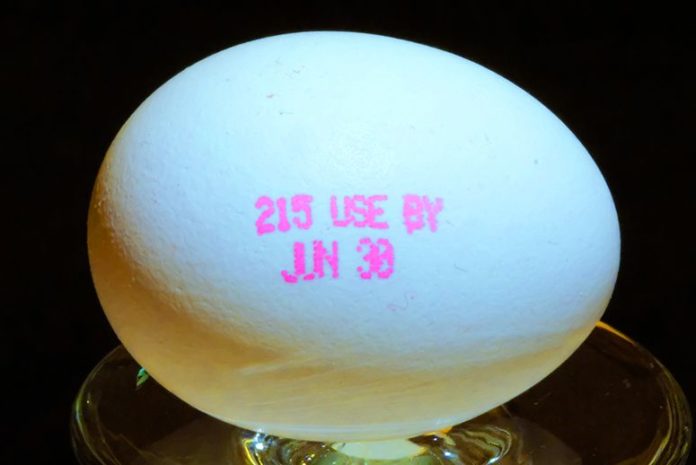
Food waste still remains one of the world’s most challenging issues and with a large percentage of the population still struggling to comfortably feed themselves, it’s surprising the amount of edible food that is disposed of in households.
Typically, when foods pass their ‘use by’ or ‘freshest by’ date, people tend to immediately dispose of the product; however, these dates are issued simply because the food companies want to retain quality control of their products, they are not there to solidly dictate the date the food will spoil.
In fact, according to Dana Gunders, staff scientist at the Natural Resources Defense Council and author of the forthcoming book Waste-Free Kitchen Handbook, sickness from food does not happen by consuming food past the expiration date listed on the packaging. However, as the food ages its quality does begin to decline. Therefore, instead of solely relying of the packaging dates to guide you, you should also use and trust your senses.
Here is a list of 9 common foods that are usually disposed of before they have actually gone bad:
Eggs: Fresh, 3-5 weeks; frozen, 12 months
There is one sure way to determine the freshness of an egg, the float test. Simply place the egg into a glass of water, how quickly the egg rises in the water directly correlates to the egg’s age. If the egg floats to the top, then it is too old to consume; if the egg sits at the bottom, the egg is at its freshest.
Lunch Meat: Unopened, 2 weeks; open, 3–5 days; frozen, 1–2 months
Typically, lunch meats are highly processed and filled with both natural and chemical preservatives, this makes determining their age with your senses alone rather difficult. For this reason, they are one of the worst foods to gamble with, according to Gunders.
Milk: More than 1 week past “sell by” date; frozen 3-6 months
It is recommenced by The Dairy Council of California to keep milk refrigerated at 38 to 40 degrees Fahrenheit in order to keep it as fresh as possible. Additionally, it is advised that the milk is not left to sit out on the counter for more than a few minutes at a time.
Bread: Counter, 5-7 days; freezer, 6 months
In order to keep your loaves fresh, it is advised to store them in a cool and dry place. In your home, the coolest and driest place is your freezer, this will prevent any of that fuzzy bacteria from developing your bread.
Peanut Butter: Open, 6 months; unopened, forever
As peanut butter is filled with natural fats and oils, which are natural preservatives, bacteria has difficulty forming within a jar of peanut butter. Instead, oxidation is what will turn this tasty food, however this process will only begin to affect the product months after it has been opened.
Canned Soup: Open, 1 week; unopened, 5 years
Typically all canned foods are best stored in cool and dry places, which is why they are considered your typical cupboard food. Unopened and stored correctly, canned soup will taste its best if it is consumed within 5 years; however, canned goods can be safely consumed after this period. In fact, they can last more than 100 years before developing significant microbial growth.
Yogurt: Open, 10 days or more; unopened, 3 weeks
Relying of your senses is the best way to determine whether yogurt has gone bad. If your yogurt pot has a slight cheesy aroma and is beginning to show signs of significant separation — the bottom of the yogurt will take the form of cottage cheese, whilst the surface is full of puddles— then it’s not advised to consume it.
Cheese: Soft cheese, 1–4 weeks; hard cheese, 1–10 months
For some variants of cheese, mold is the essence that makes it special, therefore the mold that cheesmakers use for Roquefort, Stilton, and Cambozola, isn’t harmful. Yet, the mold that develops on your block of cheddar, or within your pot of soft and spreadable cheese, is harmful and should not be consumed.
Fresh Fruit and Veggies: 5–7 days after purchase
As Gunders points out, it is near impossible to know how long fruit and vegetables were in transit, how long they have sat on the supermarket shelf, or how much the heat in your car has affected them. It is therefore advised that you judge the freshness of this produce with your senses.
You want to support Anonymous Independent & Investigative News? Please, follow us on Twitter: Follow @AnonymousNewsHQ
This Article (9 Foods That Are Commonly Thrown Away Too Soon) is free and open source. You have permission to republish this article under a Creative Commons license with attribution to the author and AnonHQ.com.


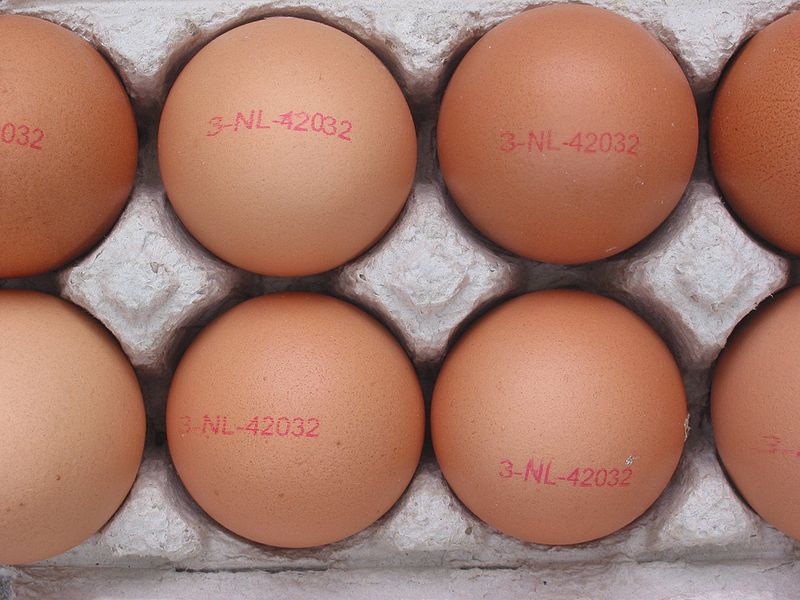
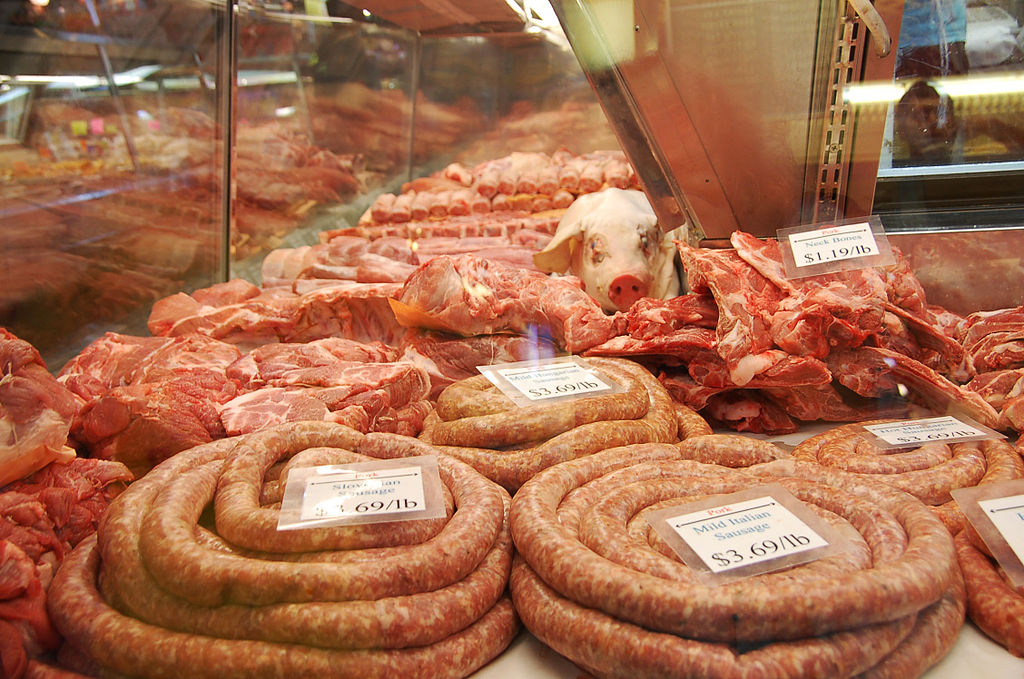


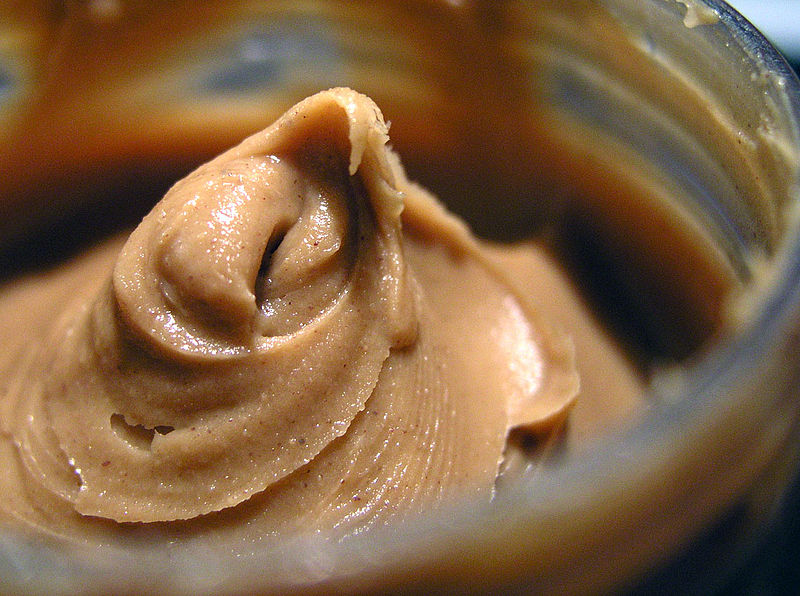
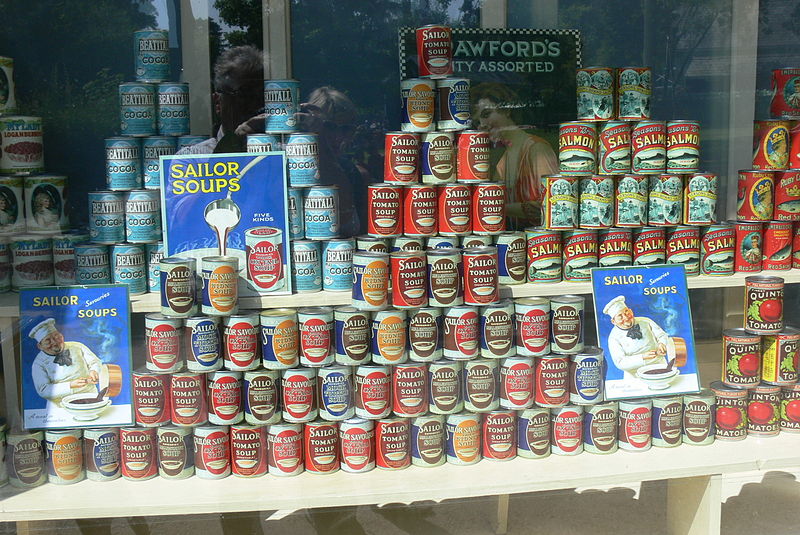
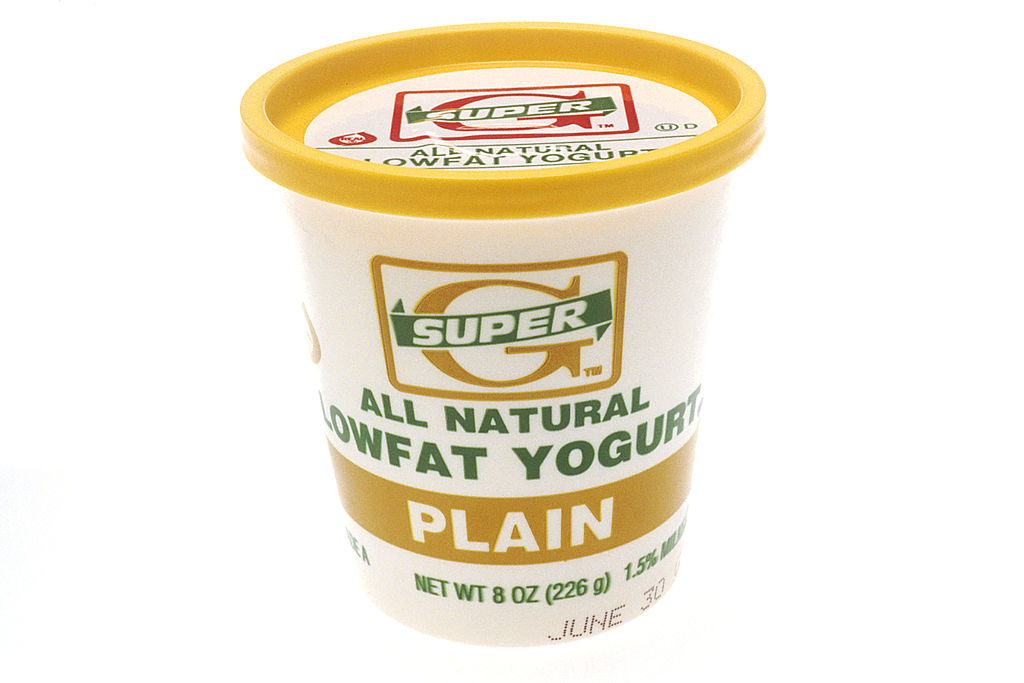

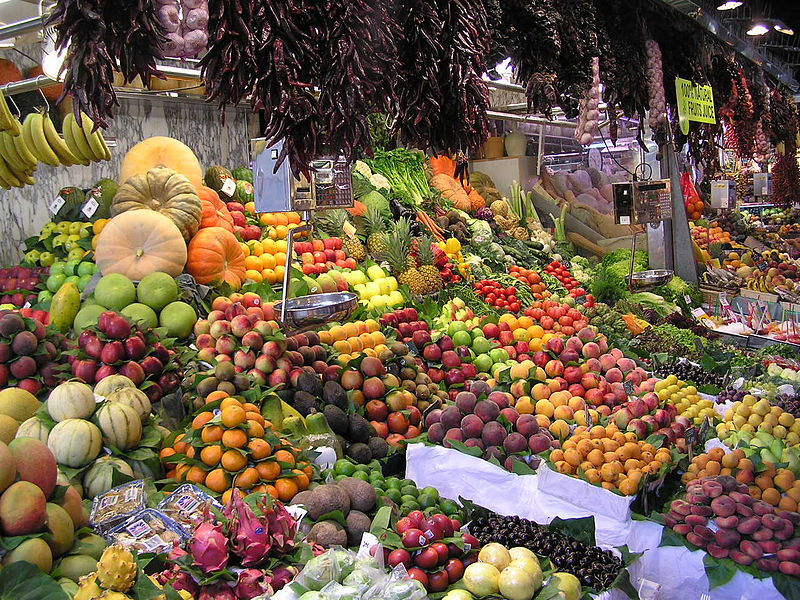



Others foods???
I did a project on food waste for my graphic design course at university and found that the top food waste products in the uk could feed hundreds of millions of people each year, on the bare minimum of 1500 calories a day. It’s crazy how much gets thrown away!